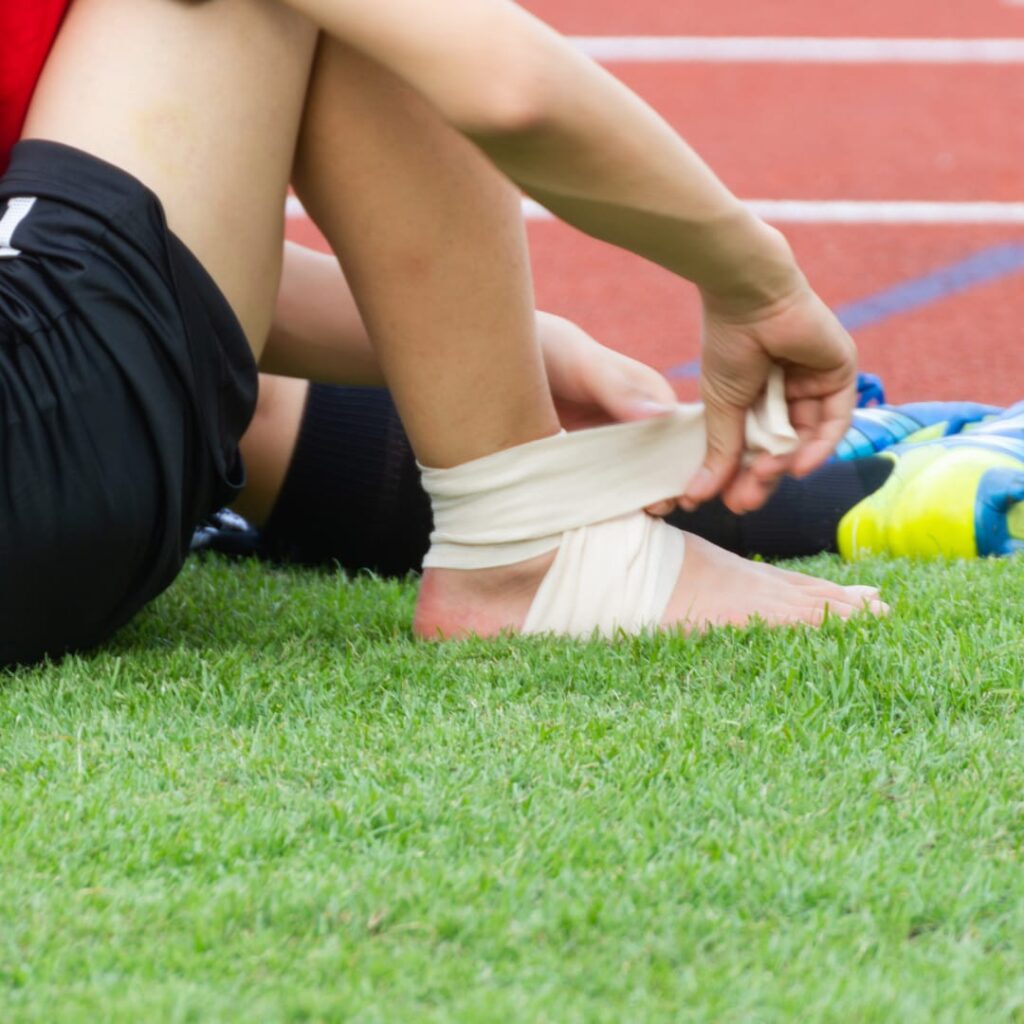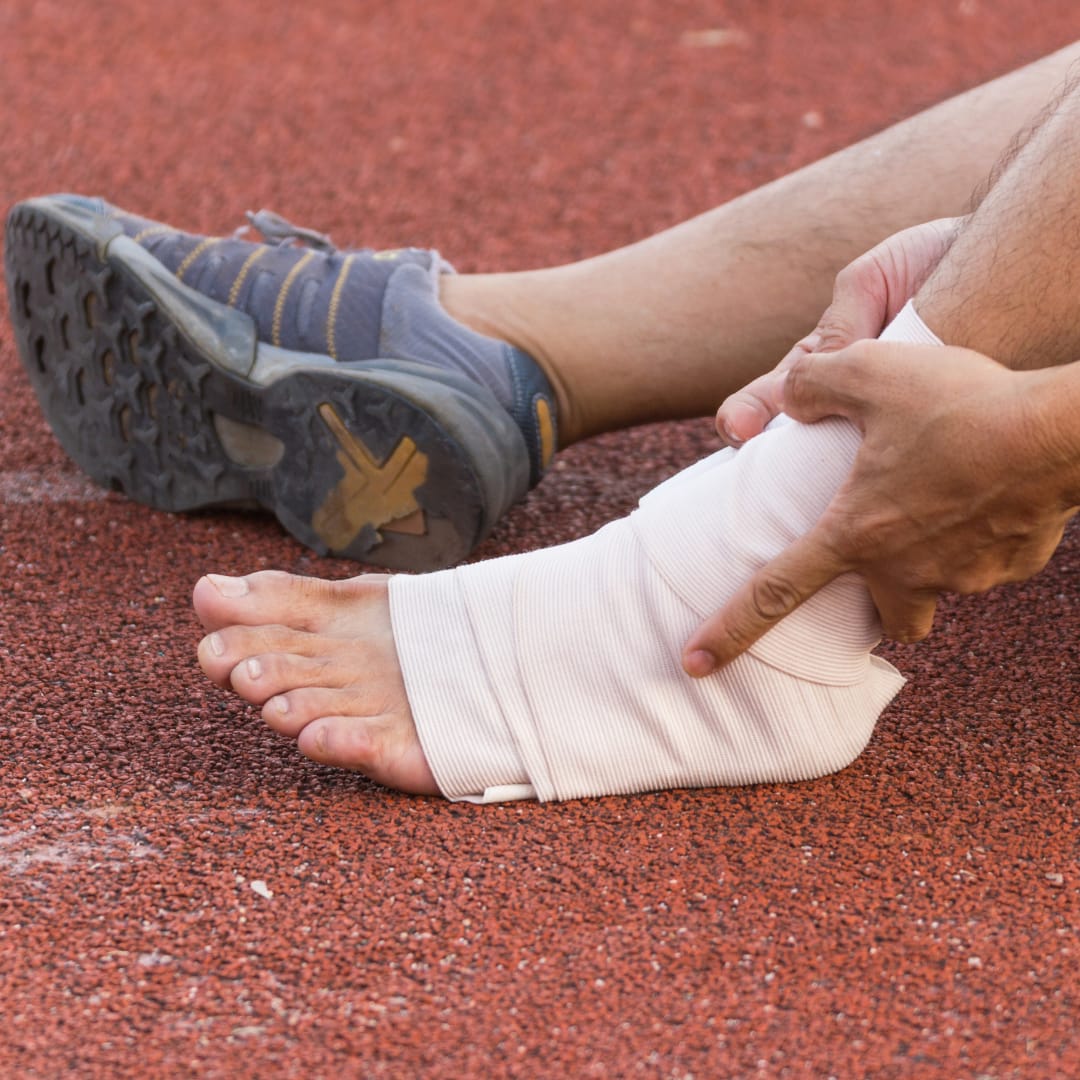Introduction
In sports, every advantage matters — from training and diet to recovery techniques. But one factor that’s often neglected is genetics. Can your DNA affect your injury risk? Amazingly, the answer is yes. And for athletes, realizing this relationship can be a game changer.
Dr. Akshay Shetty, being a sports orthopaedic surgeon, has observed the influence of genes on an athlete’s performance, recovery, and susceptibility to injuries that are not spoken of openly.
Let’s discuss in this article the influence of genes on injury risk and the extent to which a surgeon is involved in the prevention and treatment of these complications.
The Genetic Link to Sports Injuries
However, not all sports injuries are solely the consequences of bad luck or incorrect techniques. A great amount of evidence is indicating that genes play a big role in people who are more likely to get along with such conditions as ruptured tendons, anterior cruciate ligament (ACL) damage, or stress fractures.
Following are some of the genetic factors determining the risk of injury:
- Collagen Structure Variants: The genes, for example, COL1A1 and COL5A1, are the main regulators of collagen production. Low-quality collagen may cause the weakening of the tendons and ligands, thereby increasing their risk of being ruptured or sprained.
- Inflammatory Response Genes: Certain athletes might have much more vigorous inflammatory reactions than others due to the genetic variation in the gene IL-6, for example. Therefore, they recover slower and experience more extended pain.
- Bone Density-Related Genes: The VDR and LRP5 genes are the factors which determine bone formation as well as the calcium intake from food. The gene variants are possible reasons for low bone density, leading to the increased risk of stress fractures.
Who Can Benefit From Genetic Injury Screening?
Although genetic testing is not yet a standard, it is increasingly popular among top athletes and young athletes participating in high-impact activities. It can be especially useful for:
- Athletes with repeated injuries regardless of proper training and rehabilitation
- Those planning to play high-risk impact sports (e.g., football, basketball, gymnastics)
- Athletes with a history of connective tissue injuries in their families
By detecting these genetic warning signs early, a sports orthopaedic surgeon can plan ahead for preventive care.
Role of the Sports Orthopaedic Surgeon in Genetic Risk Management

After genetic risks have been determined, the surgeon’s role extends beyond surgery or diagnosis. This is how a sports orthopaedic surgeon can assist genetically predisposed athletes:
1. Tailored Prehabilitation Protocols
When we know that an athlete carries a collagen-related genetic risk, e.g., we might prioritize eccentric strengthening exercises, neuromuscular training, and proprioception drills to aid joint stability.
2. Monitoring and Load Management
Athletes with compromised recovery genes would gain from more formal rest cycles. Load management protocols can be modified to decrease combined stress on bones and joints.
3. Surgical Planning
When surgery is unavoidable, genetic information may dictate technique selection, graft options (e.g., using allografts sparingly in collagen-depleted athletes), and postoperative rehab timetables.
4. Long-Term Athlete Development
For young athletes with risk factors due to genetics, the surgeon can work together with coaches and physiotherapists to make sport specialization safer, delay intensive training, and implement cross-training strategies.
Real-World Examples
Let’s consider two examples to make this concept a reality:
A repetitive ankle sprain-prone basketball player with a history of tendon injuries in the family undergoes genetic screening, and a COL5A1 variant is identified. Targeted proprioception drills and suggestions of game-time ankle taping or bracing would be my advice as a sports orthopedic surgeon.
A teen runner with stress fractures tests positive for bone density-related gene variants. We’d recommend DEXA scans for bone health monitoring and modify their training intensity, while also ensuring optimal vitamin D and calcium levels.
The Future: Integrating Genetics with Sports Medicine
While we’re just scratching the surface of sports genomics, the potential is enormous. Think of it as moving from “one-size-fits-all” medicine to personalized orthopaedic care. In the future, every athlete may have a genetic profile guiding their injury prevention, rehab, and even surgical decisions.
As a practicing sports orthopaedic surgeon, I believe in early knowledge and multidisciplinary teamwork — including genetics counselors, physiotherapists, and strength coaches — to best tap into optimal performance and reduce the risk of injury.
Final Thoughts
Your genes don’t predetermine your destiny, but they do give you a blueprint. Knowing your individual risk of injury and having a fellowship-trained sports orthopaedic surgeon on your side, you’re able to get ahead of issues — not only repair them once they occur.
If you are a sportsman experiencing mysterious pain, repeated injuries, or simply wish to develop a long and healthy sporting life, looking into the genetic aspect of orthopaedics might just be your next game-changer.
Book a Consultation
If you’re an athlete dealing with recurring injuries or unexplained pain Dr. Akshay Shetty in Bengaluru can help you.

Leave a Reply